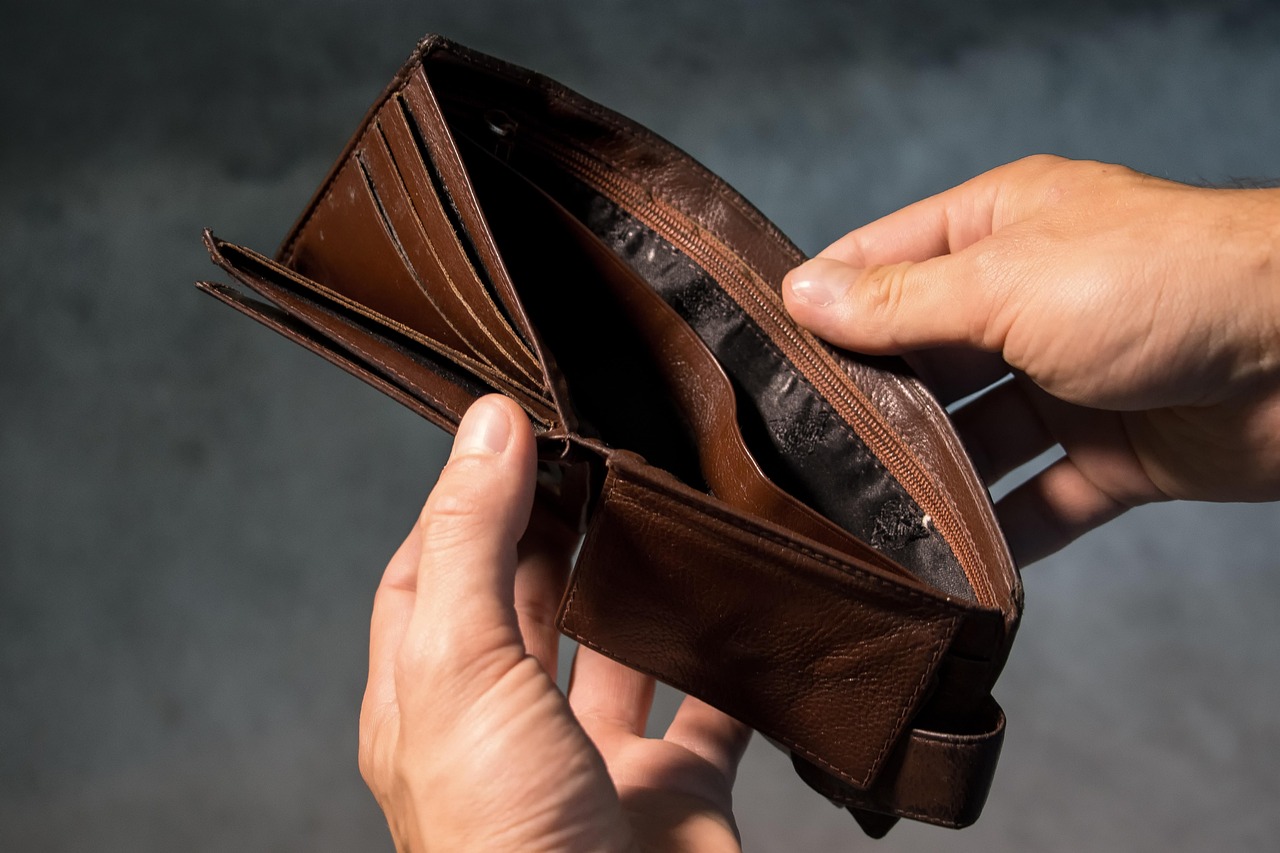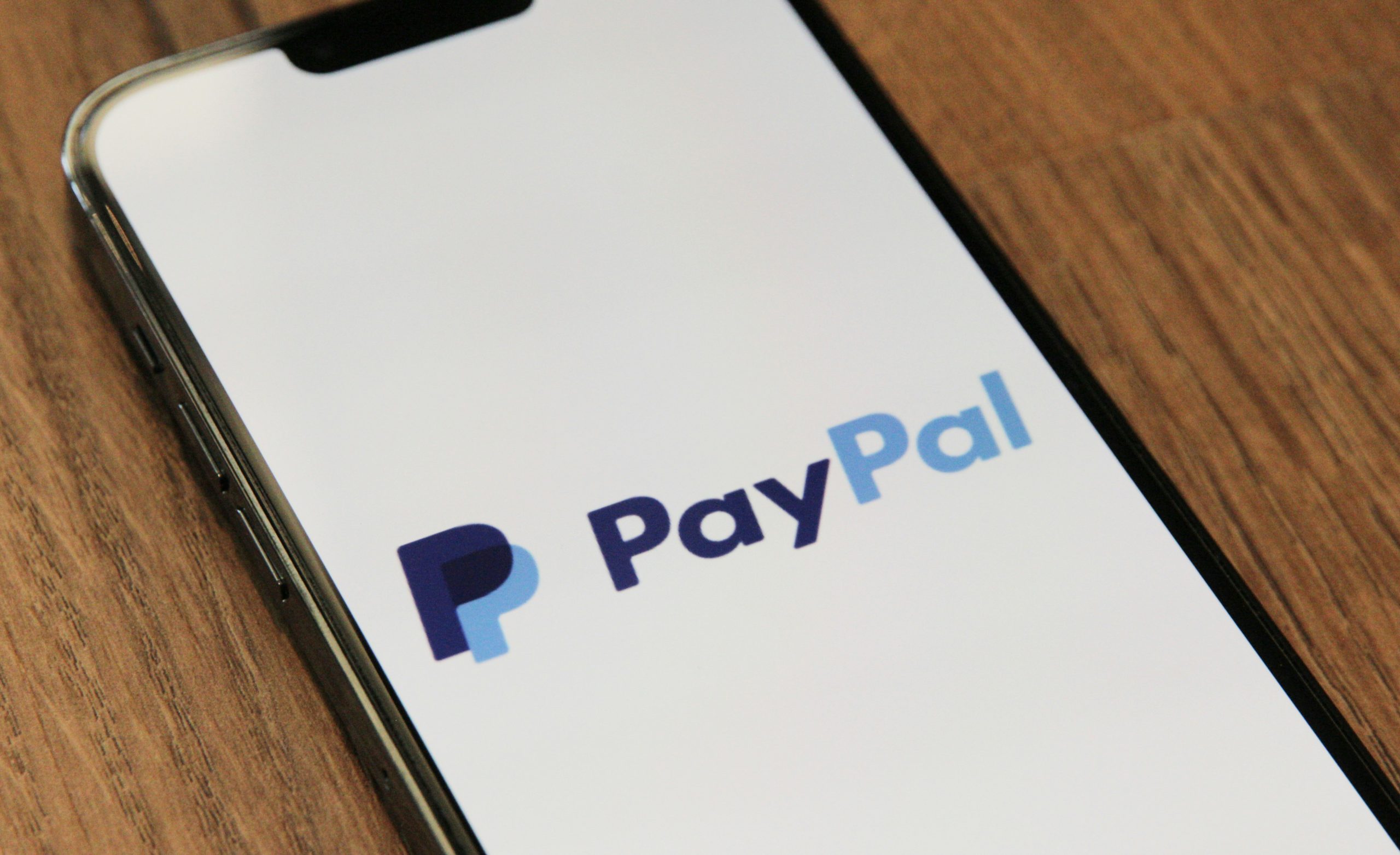Can’t Afford to Pay the Debt? Here’s What to Do

Dealing with debt can feel like a huge burden, affecting your money and your mind. The first step is to understand how much you owe. Knowing you’re not alone and that there are steps you can take is key. This part will cover important steps and the right mindset for managing your debt.
Looking into different debt relief options can help you tackle and solve your financial problems.
Key Takeaways
- Recognizing the stress of credit card debt is the first step to recovery.
- The Consumer Financial Protection Bureau offers valuable resources for debt relief.
- Understanding various debt management strategies is crucial in tackling overwhelming debt.
- Communicating with creditors can lead to new payment arrangements or promotional rates.
- It’s vital to address your debt situation before it escalates to legal actions.
- Debt relief can ultimately lead to improved credit scores and financial stability.
Understanding Your Debt Situation
Knowing your debt is key to managing your money well. You should know what debts you have and how much you owe. This information helps you understand your credit score and choose the right debt plan for you.
Types of Debt: Secured vs. Unsecured
Debt falls into two main types: secured and unsecured. Secured debt, like a mortgage or car loan, uses something valuable as collateral. If you can’t pay, the lender can take that asset. Unsecured debt, like credit card bills, doesn’t need collateral but can hurt your credit score if not handled right.
The Importance of Knowing the Amount You Owe
It’s vital to know how much you owe each creditor. This knowledge helps you plan your payments better. Not managing your debt well can lead to extra costs and a hard-to-break debt cycle.
Seeking help from a credit counselor can be beneficial. They can help you create a debt plan that fits your needs. This way, you can protect your credit score and reduce your debt.
What Options Do You Have for Managing Debt?
Managing debt can feel overwhelming, but there are many options to help you regain control. Understanding these strategies can empower you to tackle your financial situation effectively.
Creating a Budget to Prioritize Debt Payments
Creating a budget is essential for managing your finances effectively. A carefully planned budget allows you to monitor your income and expenses while identifying areas where you can reduce spending. In fact, 34% of Americans prioritize budgeting as a financial strategy.
By controlling discretionary spending, you can allocate more funds toward debt repayment. Here’s a step-by-step guide to creating your budget:
- List all sources of income.
- Identify all essential expenses.
- Determine your discretionary expenses.
- Set aside a portion for debt payments.
- Review and adjust monthly as needed.
Contacting Your Creditors for Payment Plans
If you’re struggling to meet payments, contact your creditors. Many lenders can offer payment plans that ease financial pressure. They might reduce payments or extend loan terms.
Keeping in touch with your creditors can lead to better repayment terms. It might even prevent negative marks on your credit report.
Exploring Debt Relief Options
There are many debt relief options to help manage your financial obligations. Consider these alternatives:
- Credit Counseling: Non-profit organizations offer resources and support for a personalized debt management plan.
- Debt Consolidation: This merges multiple debts into one, often at a lower interest rate.
- Debt Settlement: You might negotiate a lump sum payment less than the total owed, but it can harm your credit score.
When exploring these options, be cautious. Look for reputable organizations and avoid scams that prey on your situation.
| Debt Relief Option | Pros | Cons |
| Credit Counseling | Budget assistance, personalized debt management plans | Requires adherence to a plan, potential fees |
| Debt Consolidation | Simplifies payments, potentially lower interest | May extend repayment period, possible fees |
| Debt Settlement | Pay less than owed, stops creditor harassment | Could damage credit score, may incur additional fees |
Choosing the right option depends on your unique financial situation. Assessing your total unpaid debt as a percentage of your gross income can help determine the most suitable path forward.
What if I Can’t Afford to Pay the Debt?
Struggling to manage debt can be incredibly challenging, with 77% of Americans feeling anxious about their financial situation. Neglecting debt can result in significant consequences, making it crucial to address these concerns and make informed financial decisions.
The Consequences of Ignoring Debt Payments
Ignoring debt can cause big problems. One major issue is damage to your credit report. This can hurt your credit score and make it hard to get loans or good interest rates.
Over time, things can get even worse. Debt collectors might call you a lot. Federal agencies can even take money directly from your paycheck without going to court. This can make your financial situation much harder.
Understanding Debt Collection and Legal Actions
Talking to a debt collection agency can be scary, but knowing your rights is key. If you disagree with a debt, you might need to show proof like financial statements. You can also talk about paying back the debt or ask for more information.
In some cases, you might be able to settle for less than what you owe. Settlements can be from 10% to 50% off. But, you might have to pay taxes on the debt you don’t have to pay back, which can make things even tougher.
Understanding debt consequences helps you make better choices. Even small steps can lead to better outcomes than doing nothing.
| Consequence | Description |
| Credit Score Damage | Late payments impact your credit report for up to seven years. |
| Wage Garnishment | Federal agencies can withhold up to 15% of your paycheck without a court order. |
| Debt Collection Actions | Debt collection agencies may engage in aggressive tactics like harassing phone calls. |
| Tax Implications | Forgiven debt may count as taxable income depending on the settlement. |
| Long-Term Financial Impact | Ignoring debt may lead to deeper financial challenges, possibly affecting future loan eligibility. |
Debt Settlement and Negotiation Strategies
Debt settlement can be a big help if you’re having trouble paying off debts. It means talking to your creditors to pay less than what you owe. This can help you manage your debt better.
What is Debt Settlement?
Debt settlement is when you agree to pay a small part of what you owe. This can lead to the rest of the debt being forgiven. Offering 25% to 50% of what you owe can start the negotiation with creditors.
How to Negotiate with Creditors Effectively
To negotiate well with creditors, be open about your financial situation. Explain why you can’t pay the full amount. Having a clear offer, like a lump-sum payment, can help. Some creditors might wait until you’re 90 days late or sell the debt to collectors.
Finding Legitimate Debt Settlement Companies
Finding real debt settlement companies is key to avoiding scams and high fees. Good companies charge 15% to 25% of the debt after an agreement. Always check reviews and the company’s history. Make sure you understand any credit report effects, which can last up to seven years.
Bankruptcy: Is it the Right Option for You?
When debt piles up, many think about bankruptcy as a way to get relief. It’s key to know the difference between chapter 7 and chapter 13 bankruptcy. Both aim to ease financial stress, but they work in different ways.
Difference Between Chapter 7 and Chapter 13 Bankruptcy
Chapter 7 bankruptcy quickly pays off debts by selling off non-exempt assets. It’s good for those with little money and lots of debt. It wipes out most unsecured debts, like credit card bills, giving a fresh start.
Chapter 13 bankruptcy, however, lets you keep your assets. It creates a plan to pay off debts over three to five years. This is better for keeping homes or managing debts that can’t be erased.
Pros and Cons of Filing for Bankruptcy
Thinking about bankruptcy? Here are the good and bad sides to consider:
Pros:
- It stops creditors from bothering you right away.
- It can improve your credit score over time.
- Chapter 7 can clear many debts fast.
- Chapter 13 lets you manage debts while keeping assets.
Cons:
- It can hurt your credit for years.
- Filing and lawyer fees can be expensive.
- Chapter 7 might take your non-exempt assets.
- It can make it hard to get credit later.
Knowing about chapter 7 and chapter 13 can help you decide. Talking to a bankruptcy lawyer can give you the right advice for your situation.
| Aspect | Chapter 7 Bankruptcy | Chapter 13 Bankruptcy |
| Purpose | Liquidation of assets for debt discharge | Debt reorganization with a repayment plan |
| Duration | Quick resolution, often within months | 3 to 5 years to complete repayment |
| Eligibility | Means test to qualify based on income | Must have a regular income and total debts within limits |
| Impact on Assets | Non-exempt assets may be sold | Most assets protected during the repayment process |
| Effect on Credit | Negative impact lasting 10 years | Negative impact lasting 7 years |
Conclusion
Starting to tackle your debt can really turn your finances around. It’s important to know your options, like making a budget or talking to creditors. Debt consolidation can also help if you have many debts.
Getting help from a financial counselor can be very helpful. They can create a repayment plan that fits your situation. Also, asking creditors for lower rates can help if you’re struggling financially.
Being patient and motivated is crucial when paying off debt. Taking these steps not only helps you become debt-free but also improves your financial health.
Read More
If you’re looking for additional strategies to manage debt or need insights into borrowing options, check out these related articles:
- How To Borrow Money
- How To Borrow Money With Bad Credit
- How To Borrow Money From Bank
- How Can I Borrow Money Online Instantly
These resources can provide valuable guidance on borrowing and debt management, helping you take control of your financial journey.
FAQ
What are my options if I can’t pay my credit card bills?
If you’re having trouble with credit card bills, there are steps you can take. First, make a budget to control your spending. Then, talk to your creditors about a payment plan. You might also look into credit counseling or debt consolidation loans for help.
What is the difference between secured and unsecured debt?
Secured debt is tied to something valuable like a house or car. If you can’t pay, the lender can take it. Unsecured debt, like credit cards, doesn’t have collateral. This means you might face harsher collection methods if you miss payments.
How can I improve my credit score while dealing with debt?
To boost your credit score while paying off debt, follow a few steps. Always pay on time and keep your credit limits in check. Try to settle debts for less than you owe. Also, check your credit report for mistakes and fix them to avoid score drops.
What should I do if I’m being contacted by debt collectors?
If debt collectors call you, know your rights. Don’t ignore them; ask for proof of the debt. You can talk about a payment plan or get help from a credit counselor. They can guide you on managing and settling your debts.
What are the consequences of ignoring my debts?
Ignoring debts can harm your credit score and lead to harsh collection actions. You might face wage garnishment or liens on your property. It’s better to tackle your debts to avoid these problems.
What is debt settlement and how does it work?
Debt settlement means paying less than you owe on debts, usually after they’re charged off. It can reduce your debt burden. But, only work with reputable companies to avoid high fees and ensure you get the right help.
When should I consider filing for bankruptcy?
Bankruptcy should be a last resort for severe debt problems. If you’ve tried everything else and still can’t manage your debt, think about Chapter 7 or Chapter 13 bankruptcy. Each has its own effects on your assets and credit, so consider them carefully.






